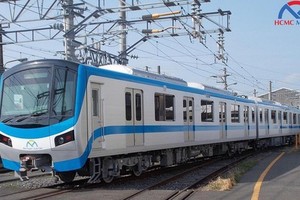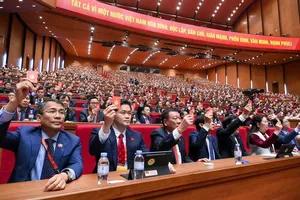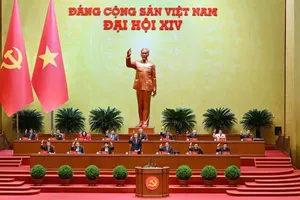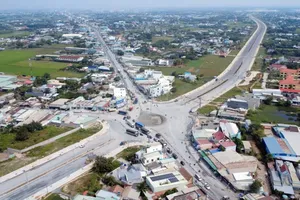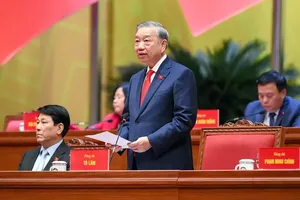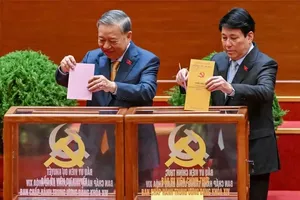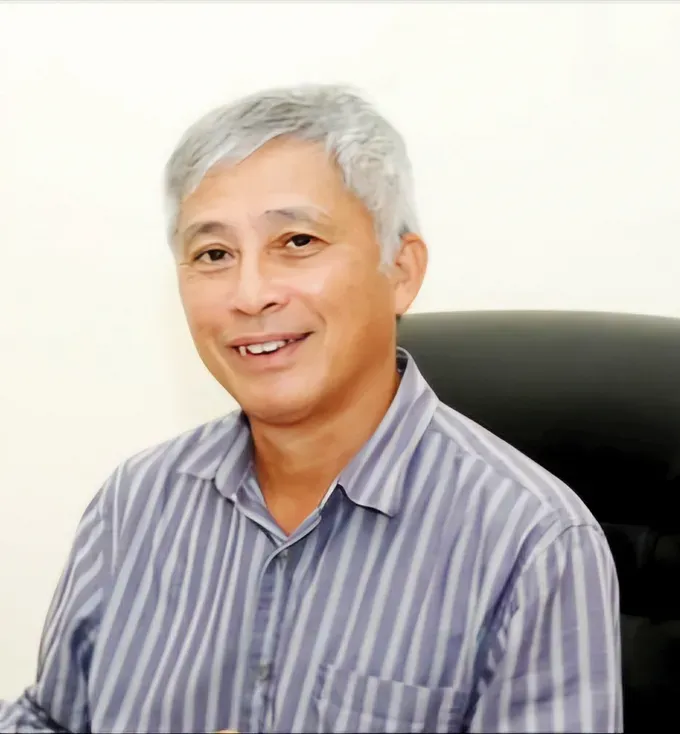
The reality of Hanoi’s air pollution has been starkly evident in monitoring data for many years. Numerous factors contribute to this, from industrial production and traffic to daily activities.
When commenting on the effectiveness of mitigating the impact of pollution from vehicles, Chairman Hoang Duong Tung of the Vietnam Clean Air Partnership (VCAP) said that there are many international lessons to learn in tackling air pollution.
As a prime example, Beijing tackled severe pollution by converting its entire bus fleet to electric in just two years. This decisive move, backed by massive investment and supportive policies, led to a fundamental improvement in the city’s air quality. Many European cities have also addressed vehicle pollution by establishing low-emission zones, permitting only green vehicles and completely banning those running on fossil fuels.
For all cities globally, not just Hanoi or HCMC, the link between pollution and fossil fuel-powered vehicles is scientifically certain. Using electric vehicles can reduce CO2 emissions by up to 70 percent compared to their gasoline counterparts.
The time for debating whether motorcycles are a primary cause of pollution is over. The issue now is to act decisively and implement the solutions outlined in the Prime Minister’s Directive No. 20 on urgent tasks to prevent and resolve environmental pollution. It’s necessary to proceed step-by-step, beginning with motorcycles.
However, it's also crucial for the Government and relevant agencies to announce their support policies early – covering things like the safety of the charging station network and the rollout of public transport. This, too, is a lesson from other countries, where support policies are made public, transparent, and timely.

While many agree with restricting fossil fuel motorcycles in the Ring Road 1 area, there are also widespread concerns about the policy’s impact on daily life. Chairman Khuat Viet Hung of the Board of Members of Hanoi Metro voiced that the restriction on fossil fuel motorcycles must be intrinsically linked to having the necessary conditions in place for it to work, as this issue profoundly impacts the public.
Vietnam must determine what the replacement vehicles will be, the quality of public transport services, and the infrastructure needed for people to use environmentally friendly options. Hanoi has made significant efforts to create these conditions, but there is undoubtedly much more work to be done.
The Prime Minister’s Directive No. 20 outlines a comprehensive set of tasks across all sectors to improve the capital’s environment; it’s not just about banning fossil fuel motorcycles in Ring Road 1 by July 1, 2026.
The intense public debate around this motorcycle goal is reminiscent of when Decree 100 on traffic violations was first issued. Although that decree covered many violations, the public initially focused almost exclusively on the penalties for drunk driving because of its widespread impact.
The public’s intense focus has turned this issue into a focal point, creating widespread momentum. If this highly visible goal can be successfully achieved, it will act as a powerful catalyst for us to accomplish all the other tasks outlined in Directive No. 20.
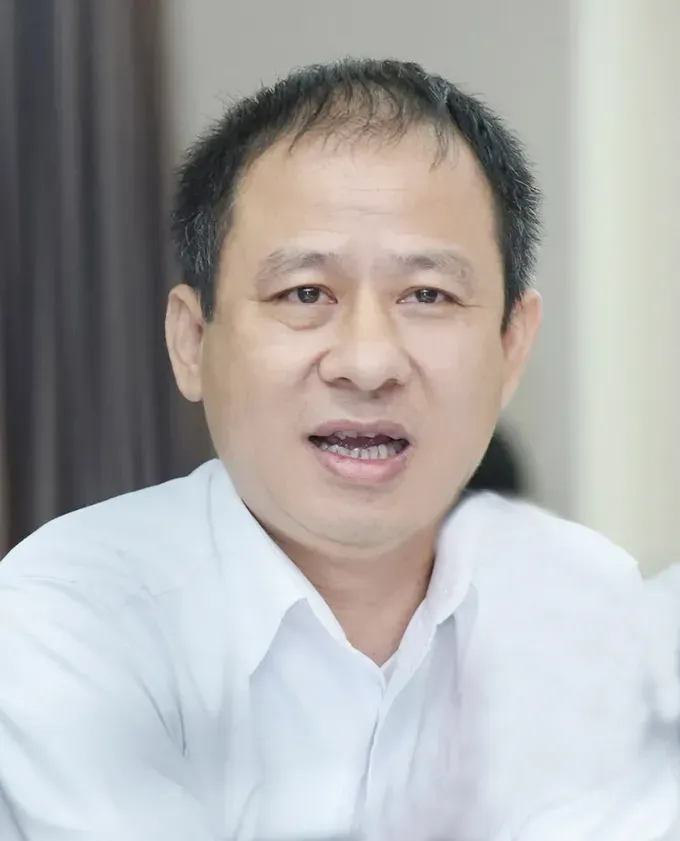
Answering the question on practical solutions to minimize the impact of this inevitable plan on citizens and businesses Vice Chairman Nguyen Cong Hung of the Vietnam Automobile Transportation Association (VATA) first informed that Hanoi currently has over 6 million motorcycles and about 1.6 million cars. With such a large vehicle fleet, the city must accelerate its vehicle emissions control plan.
However, regulatory agencies should carefully consider the implementation method. He proposed that the Government should classify vehicles, taking into account their manufacturing year, to create a suitable, step-by-step transition plan. This is entirely feasible now that localities have completed their electronic ID and license plate identification systems.
Hanoi simply needs to coordinate and leverage this data to build a synchronized, methodical plan. Following that, policies must be implemented to support the vehicle transition, with special attention given to the poor and low-income individuals.
Authorities must also strictly control the quality and safety standards for electric motorcycles and charging infrastructure, especially in apartment buildings, to prevent fire hazards.
The switch to green vehicles is an inevitable trend; after motorcycles, it will be cars. This also presents a challenge for transport businesses. For instance, Hanoi has 15,000 gasoline-powered taxis and tens of thousands of contract cars, so the transition requires immense capital. The Government and local authorities should, therefore, provide tangible support, such as interest-subsidized loans and tax exemptions.
The VATA proposes that since the identification license plate is considered a business asset, the fee of VND20 million (approx. US$800) should be waived when re-issuing plates for new green vehicles. It is also suggested to exempt hybrid cars from certain charges like environmental fees. Such practical and timely support will help accelerate progress toward achieving the set goals.


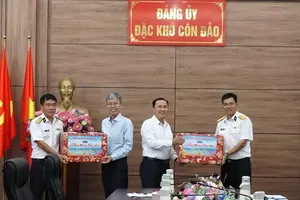
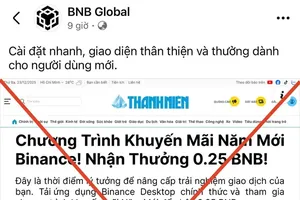



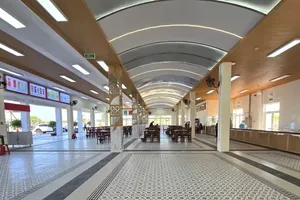
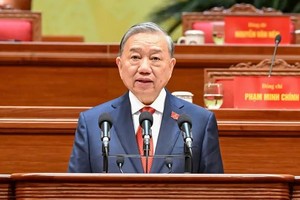
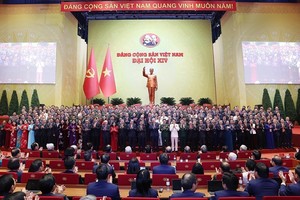
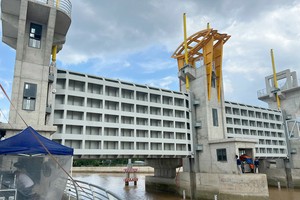
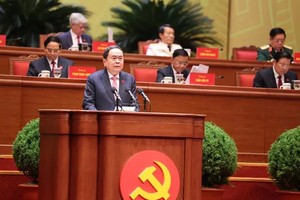
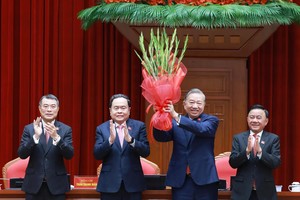
)
